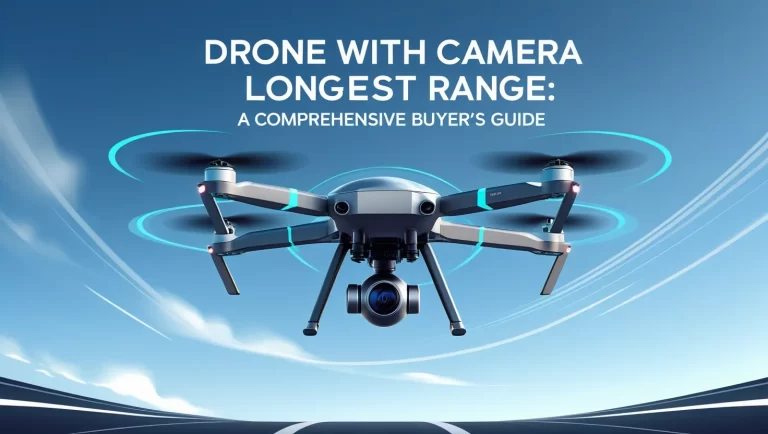
How Science and Technology Are Shaping the Healthcare of Tomorrow-The intersection of science and technology is transforming healthcare at an unprecedented pace. As we look towards the future, the innovations emerging from this dynamic partnership promise to enhance patient care, improve outcomes, and create a more efficient healthcare system. In this article, we will explore how science and technology are shaping the healthcare landscape of tomorrow.
Telemedicine: Revolutionizing Access to Care

One of the most significant advancements in healthcare is the rise of telemedicine, which has been accelerated by technological innovations. Telemedicine allows patients to consult with healthcare providers remotely, breaking down geographical barriers that once limited access to care. With just a smartphone or computer, patients can receive medical advice, prescriptions, and even diagnoses without the need for in-person visits.
In 2024, telemedicine is set to become even more sophisticated, integrating advanced features like virtual reality (VR) and augmented reality (AR) to enhance consultations. For instance, VR can allow doctors to visualize complex cases more effectively, while AR can assist during remote examinations. This evolution not only increases convenience for patients but also ensures that healthcare is accessible to underserved populations.
AI-Powered Diagnostics: Enhancing Accuracy and Speed
Artificial intelligence (AI) is revolutionizing diagnostics in healthcare. Machine learning algorithms can analyze medical images, lab results, and patient histories with incredible accuracy, often surpassing human capabilities. This technology enables faster diagnoses, which is crucial in conditions where time is of the essence, such as cancer or heart disease.
In 2024, we can expect AI to play an even more significant role in predictive analytics, allowing healthcare providers to anticipate potential health issues before they manifest. For example, AI can identify patterns in data that indicate a patient might be at risk for developing chronic illnesses. By catching these issues early, healthcare providers can intervene sooner, ultimately improving patient outcomes and reducing healthcare costs. (Read More: Technology Addiction and Its Impact on Mental Health: A Growing Concern)
Wearable Technology: Monitoring Health in Real Time

Wearable technology has gained immense popularity and is becoming a vital tool in personal health management. Devices like smartwatches and fitness trackers monitor vital signs, activity levels, and even sleep patterns, providing users with valuable insights into their health. This data not only empowers individuals to take charge of their well-being but also offers healthcare providers a wealth of information for more personalized care.
As we move forward, the integration of wearables with AI and data analytics will take health monitoring to the next level. In 2024, we can anticipate advanced wearables that not only track physical activity but also provide real-time feedback on mental health, nutrition, and chronic disease management. This holistic approach to health will enable proactive management and encourage healthier lifestyles.
Genomics and Personalized Medicine
Advancements in genomics are paving the way for personalized medicine, a groundbreaking approach that tailors treatments based on an individual’s genetic makeup. With the cost of genetic sequencing continuing to decrease, it is becoming increasingly feasible to utilize this information in clinical practice.
In 2024, we can expect more healthcare providers to incorporate genetic testing into routine care. This shift will allow for targeted therapies that are more effective and have fewer side effects. For instance, patients with specific genetic markers may respond better to certain cancer treatments, significantly improving their chances of recovery. The promise of personalized medicine is not just about more effective treatments; it also represents a shift towards preventive care, where risks can be identified and managed before they lead to serious health issues. (Read More: GOC Technology: Transforming Healthcare Systems in 2024)
Robotics in Surgery: Precision and Recovery
Robotic surgery is another area where science and technology are making significant strides. Robotic systems assist surgeons in performing complex procedures with enhanced precision and control. This technology minimizes invasiveness, leading to shorter recovery times and reduced risk of complications.
In 2024, we anticipate that the use of robotics in healthcare will expand beyond surgery to include rehabilitation and elderly care. Robotic exoskeletons could aid individuals recovering from injuries, while robotic companions may provide support for elderly patients, helping them maintain independence while ensuring safety. (Read More: Blockchain Technology: Transforming the Future of Digital Transactions in 2024)
Blockchain Technology: Securing Patient Data

As healthcare becomes increasingly digitized, the need for secure data management is paramount. Blockchain technology offers a solution by providing a decentralized and secure method for storing and sharing patient information. This technology ensures that sensitive data is protected from unauthorized access while allowing for seamless sharing between healthcare providers.
In 2024, we can expect more healthcare institutions to adopt blockchain for electronic health records (EHRs). This shift not only enhances data security but also improves interoperability, allowing different systems to communicate effectively. Patients will have more control over their data, leading to increased trust in the healthcare system.
Conclusion article How Science and Technology Are Shaping the Healthcare of Tomorrow
The future of healthcare is being shaped by the remarkable interplay of science and technology. From telemedicine and AI diagnostics to wearable technology and personalized medicine, the innovations of tomorrow promise to enhance patient care, improve outcomes, and streamline healthcare delivery. As we embrace these advancements, it’s essential to ensure that ethical considerations and accessibility remain at the forefront of our efforts. The healthcare of tomorrow holds immense potential, and by harnessing the power of science and technology, we can create a healthier, more equitable world for all.





1 thought on “How Science and Technology Are Shaping the Healthcare of Tomorrow”